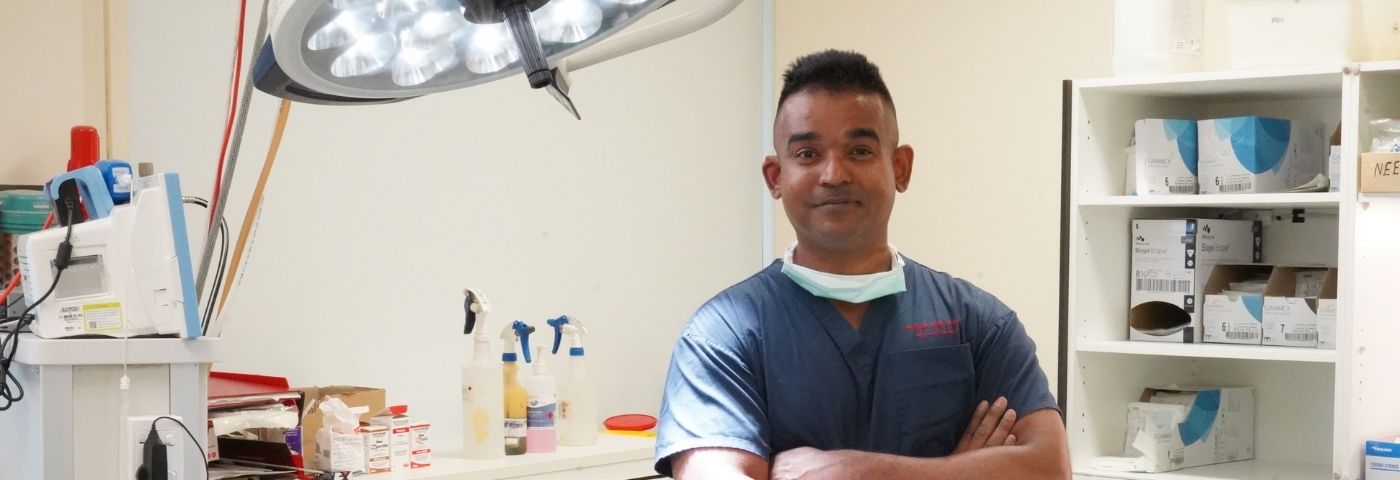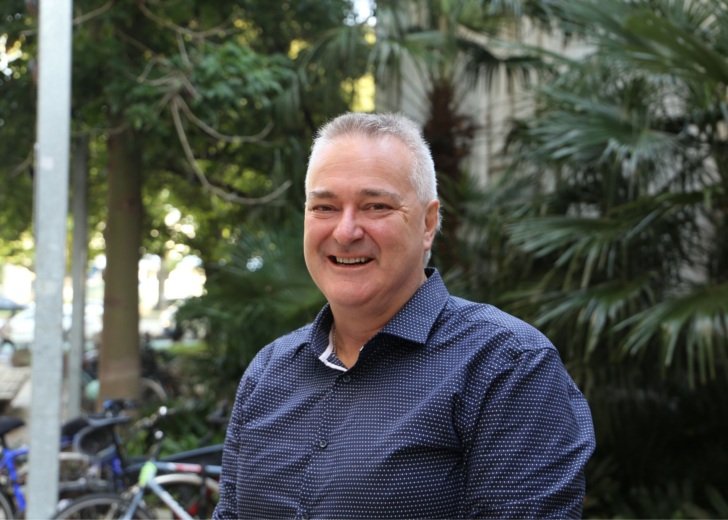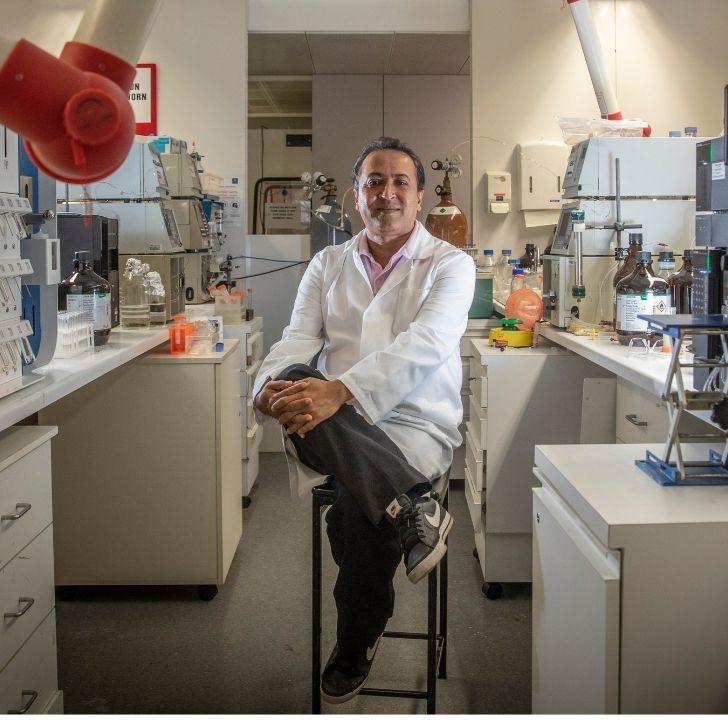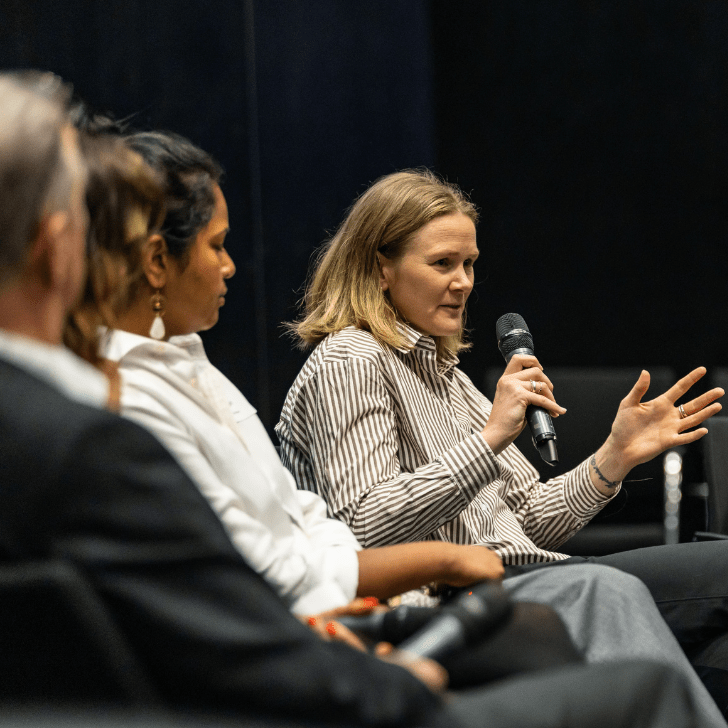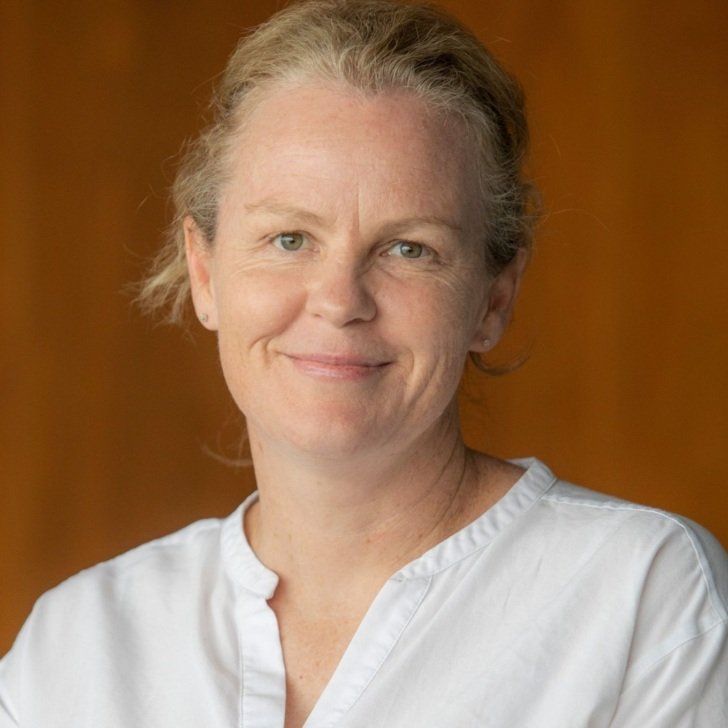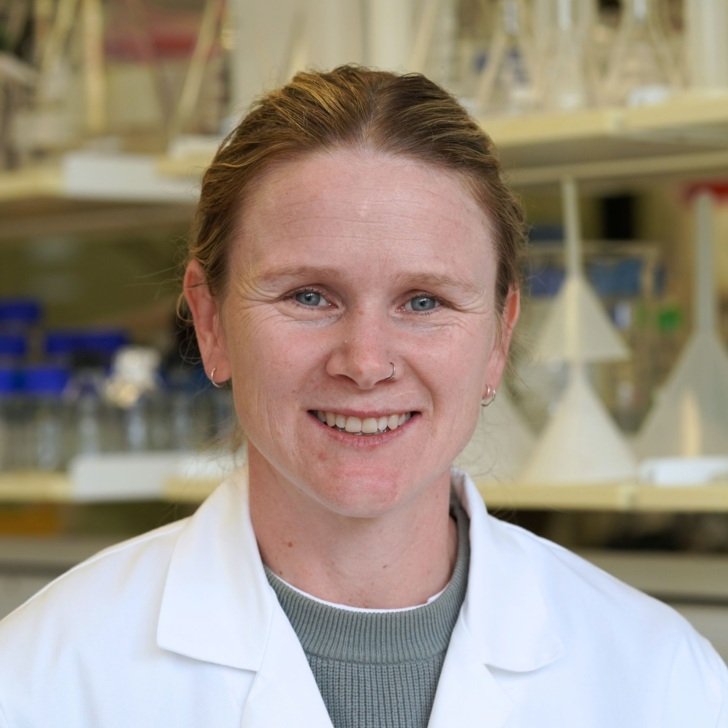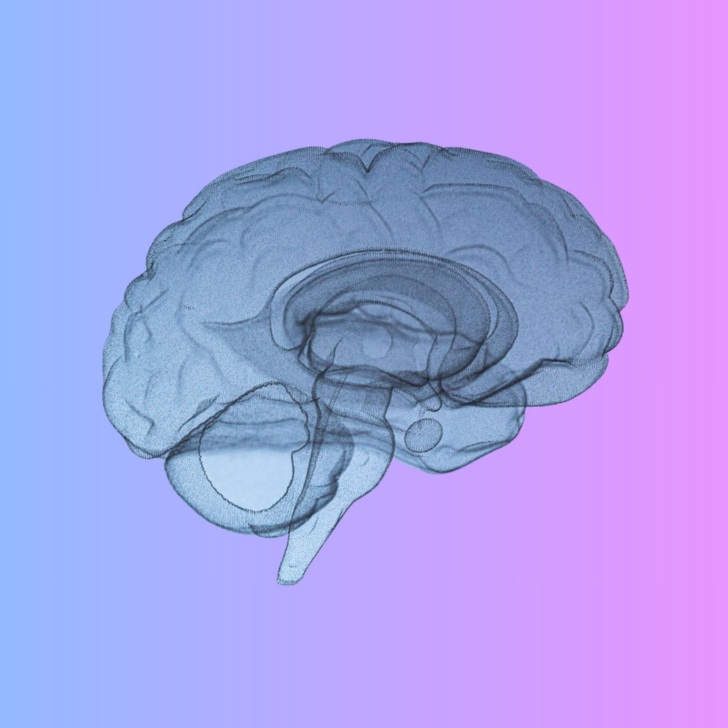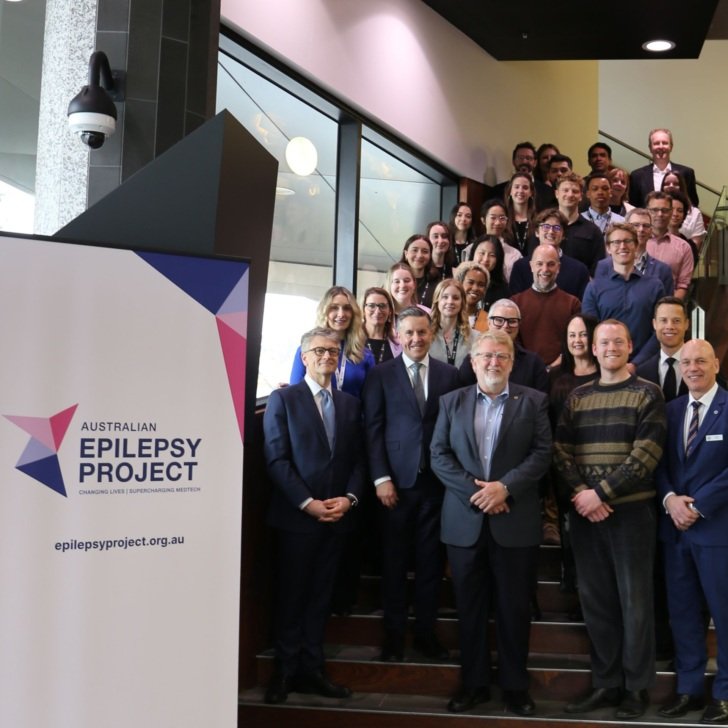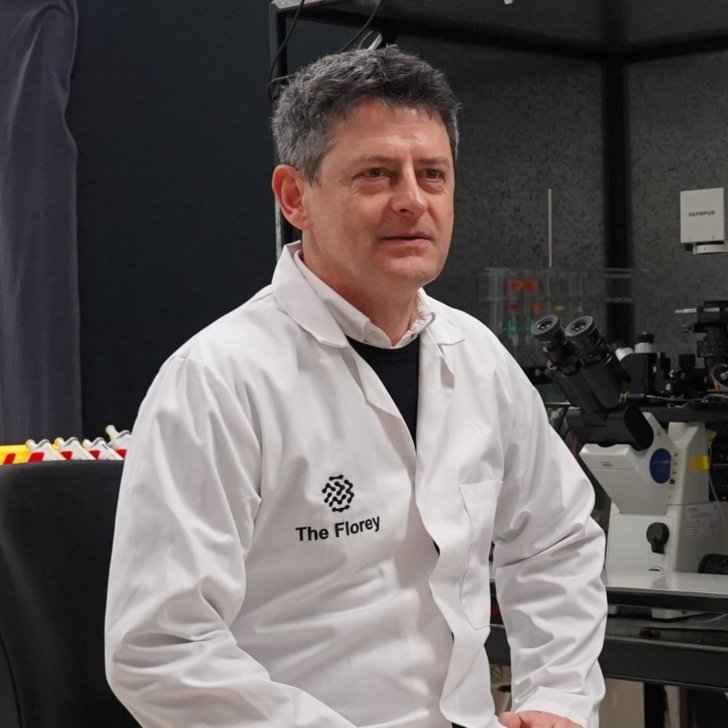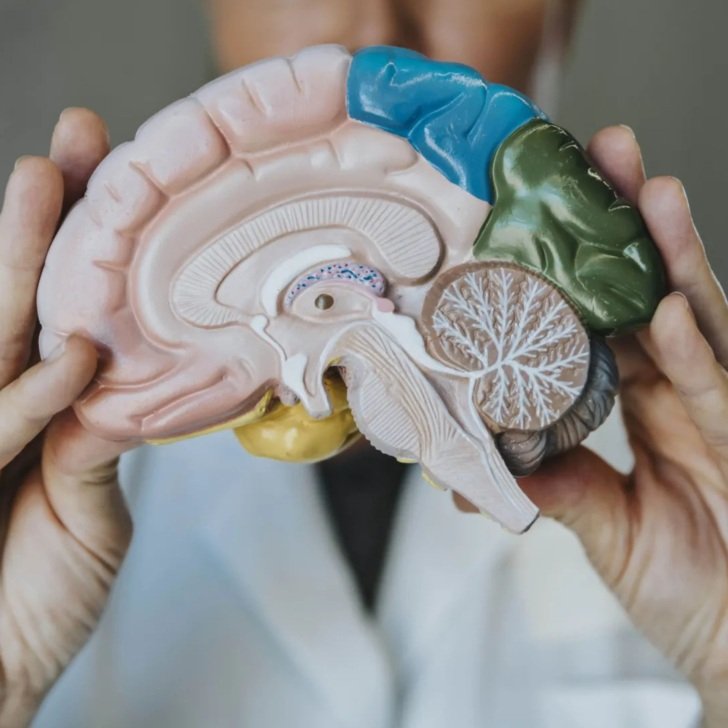- Heart surgery requiring the heart-lung machine (cardiopulmonary bypass) saves lives but can cause brain and kidney problems in many patients.
- Florey researchers are teaming up with clinical specialists at hospitals across Victoria and South Australia to test a Florey-patented treatment with the goal of reducing brain and kidney injuries.
- The Australian Government’s Medical Research Future Fund (MRFF) will provide $4.9 million to support the research over 5 years.
MEGA-HEART project receives funding
The MRFF has selected a research project led by The Florey and University of Melbourne to reduce brain and kidney injury after cardiac surgery. Florey critical care researchers will lead a multi-site study to test a treatment which could prove a game changer for patients undergoing heart surgery.
The MEGA-HEART project has received a $4.9 million grant from the Australian Government’s MRFF.
Lead investigator Professor Yugeesh Lankadeva said up to half of all heart surgery patients experience postoperative delirium and 30 per cent of patients have acute kidney injury.
“Many people wake from life-saving heart surgery in a confused, forgetful and disturbed state. And many experience minor to severe kidney problems,” Professor Lankadeva said.
These issues can lengthen or complicate recovery or may even prove fatal in some cases – yet no therapies are available.
Professor Lankadeva said the project centres on administering a “mega-dose” of a novel formulation of sodium ascorbate that was recently developed and patented by The Florey to treat heart surgery patients in operating theatres and intensive care units.
He said for the past 3 years the team, with experts in many fields – cardiologists, endocrinologists, cardiac anaesthetists, cardiac surgeons, clinical perfusionists, intensive care physicians, nephrologists and neuropsychiatrists – had developed methods for studying the effects of heart surgery and cardiopulmonary bypass on brain and kidney health in sheep.
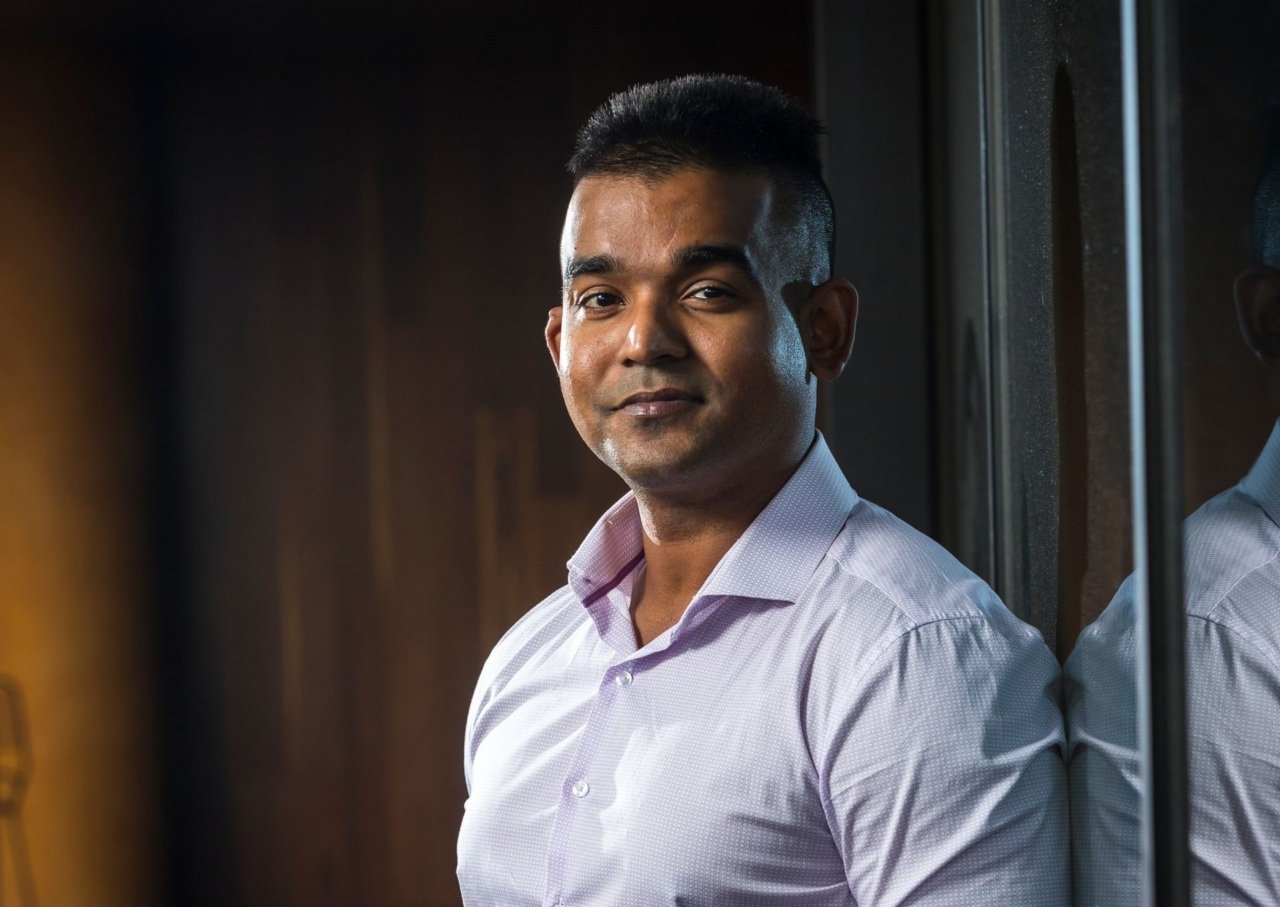
“Our compelling preliminary data in sheep undergoing cardiopulmonary bypass suggests our formulation of sodium ascorbate reduces neuroinflammation, which may prevent delirium. It also appears to reduce kidney inflammation, hypoxia and cell death in the inner region of the kidney – the renal medulla – which may prevent acute kidney injury.”
The funding will enable a 3-stage multidisciplinary research program:
- Identifying the optimal dose of sodium ascorbate to prevent or reduce inflammation in the brain and prevent inflammation, hypoxia and cell death in the kidneys in sheep.
- Determining the physiological and immunological mechanisms by which a mega-dose of sodium ascorbate exerts its effects of vital benefit to organs.
- Establishing safety and efficacy of the optimal dose of sodium ascorbate in patients undergoing heart surgery in hospital-based trials.
“We aim to follow this project with larger scale clinical trials to transform the management of patients undergoing heart surgery to improve brain and kidney health outcomes,” Professor Lankadeva said.
The clinical trial will recruit patients and involve perioperative and critical care physicians from Austin Health, the Victorian Heart Hospital, The Alfred, Royal Melbourne Hospital and Royal Adelaide Hospital.
Austin Health Head of Anaesthesia Research and clinical lead of the MEGA-HEART project, Associate Professor Lachlan Miles, said delirium and acute kidney injury after heart surgery can make an already challenging recovery considerably more difficult.
Brain and kidney injury do not discriminate and can happen to anyone undergoing one of these life-saving heart surgical procedures.
“Developing a therapy that prevents these common complications could be the biggest development in peri-operative heart surgical care in the last 25 years. It’s a tremendously exciting time to be working in this space, and a privilege to be able to help move this therapy from the bench to the bedside.”
Professor Lankadeva receives funding through an Emerging Leader Investigator Grant from the National Health and Medical Research Council of Australia and a Future Leader Fellowship from the National Heart Foundation of Australia.
Heart Foundation Chief Medical Advisor Professor Garry Jennings said: ”Many people have short term medical problems during their recovery including poor kidney function, heart arrythmias and chest complications. Anecdotally, people often complain that their mental faculties are ‘not quite right’.”
He said the Heart Foundation offers patients and their families the free ‘MyHeart MyLife’ support program to help navigate these issues and he welcomed MEGA-HEART which also addresses these concerns.
“The Heart Foundation has contributed to funding the research that has made a large-scale clinical trial possible. We look forward to seeing people recover from successful cardiac surgery more quickly and fully return to their activities at work or recreation.”
MEGA-HEART involves researchers and clinicians from The Florey, University of Melbourne, Austin Health, Monash Health, Royal Adelaide Hospital, Alfred Health, Monash University, St Vincent’s Hospital Melbourne and The Victorian Heart Hospital.
